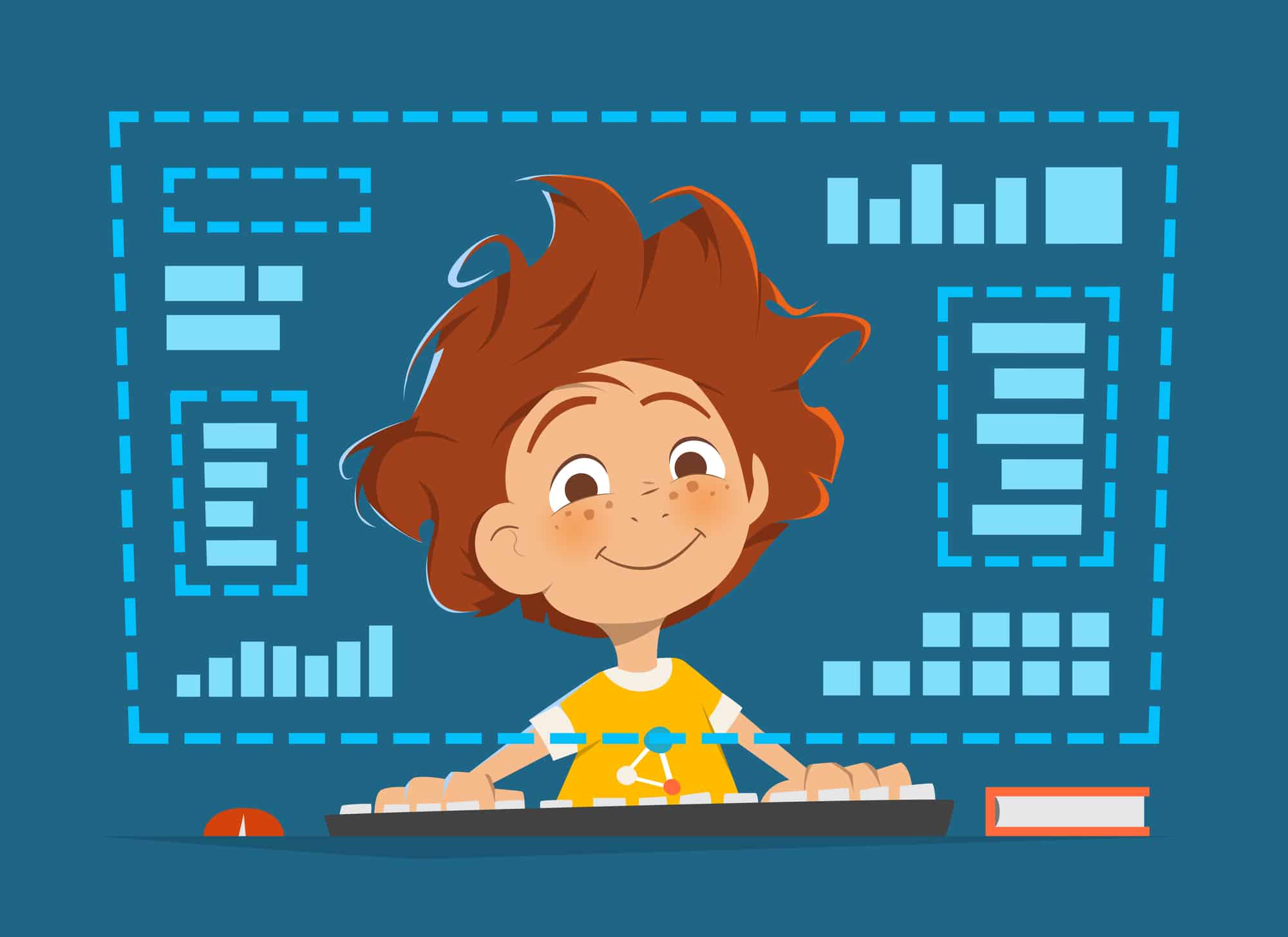
Keeping kids safe online is no easy task. The internet poses many risks to vulnerable, unsupervised children. Even those who are taught about the dangers of accessing certain sites and/or chatting with unknown individuals may disobey these guidelines, thus putting themselves in danger of being bullied, stalked or taken under the wing of an online predator. Following are seven important tips that will enable you to protect your kids as they use the web for research, game playing, chatting, social media engagement and other purposes. Discover our tips on keeping your child safe online.
Tips on keeping your child safe online: Teach Your Child to Create Strong Passwords
It is all too easy for unscrupulous individuals to steal easy passwords. When a child’s password is stolen, a hacker can find out a lot about the child’s (and your entire family’s) private life. Teach children to create strong passwords that include random names and symbols.
Tips on keeping your child safe online: Install Internet Filtering Software
Internet filtering software can help protect your child from accidentally stumbling onto an inappropriate website. There are various programs of this nature to pick from, so consider the options and see which one would be best for your family.
Tips on keeping your child safe online: Supervise Your Child’s Internet Use
Supervising your child’s internet use is perhaps one of the best methods of keeping kids safe online. One good way to do this is to move your child’s computer to a public area (i.e. the living room or family room). You can also check the computer history to see what your child has been up to online, but do not rely on this method of supervision alone, as many young people are very adept at modifying the history to hide inappropriate online activity from parents.
Tips on keeping your child safe online: Teach Your Child to Choose Online Friends Carefully
Children under the age of thirteen should not be allowed to have social media sites. Teenagers who do use social media should be taught to never friend a person they do not know well. Check your child’s friend roster on a regular basis and investigate suspicious looking friends whose names you do not recognize. You can do this by visiting these friends’ online profiles; you should also find out if these friends are “friends of a child’s friend” or simply random people met via social media.
Tips on keeping your child safe online: Enforce Consequences When Guidelines are not Adhered To
Parents and children should agree on the rules of internet usage. At this time, parents should make it clear that getting online is a privilege, not a right. Children who fail to comply with the rules should lose their online (or social media) privileges for a pre-determined period of time. While many children are likely to baulk at such consequences, reminding them of the dangers of breaking the rules will help them see that there is a reason why you are concerned about their online actions. If you find it difficult to enforce the rules, remind yourself of the very real fact that you as a parent can be held legally liable for things your child says and does online.
Tips on keeping your child safe online: Make it Easy for Your Child to Report Bullying, Stalking and Other Forms of Inappropriate Behavior
It is a sad fact that only 10% of children and young people who are bullied online get help from their parents. Make it as easy as possible for your child to come to you if he or she is being bullied or stalked over the internet. In some cases this may arise as a result of a child disobeying your guidelines; if this is the case, be sure you put an emphasis on dealing with the issue (i.e. blocking the guilty party, talking to law enforcement officials, reporting the individual to the social media website or email service provider).
Your child already realizes that he or she has done wrong, so do not launch into a lecture or get angry at your child. Doing so will discourage your child from reporting similar instances in the future; the result of which could be extremely dangerous.
Tips on keeping your child safe online: Make Sure a Child’s Computer and Mobile Phone have up-to-date Anti-Virus Programs
Your child’s smartphone and computer should have top quality anti-virus programs. Look for programs that install automatic updates regularly, as chances are that your child is not going to put a high priority on updating the software. Teach your child how and when to run anti-virus scans.
These seven tips on keeping kids safe will protect those you love from cyber bullies, online stalkers, predators, identify thieves and other unscrupulous individuals. These measures help your child feel safe as he or she uses the internet and more importantly teach children how to protect themselves from those who would hurt and abuse them.
